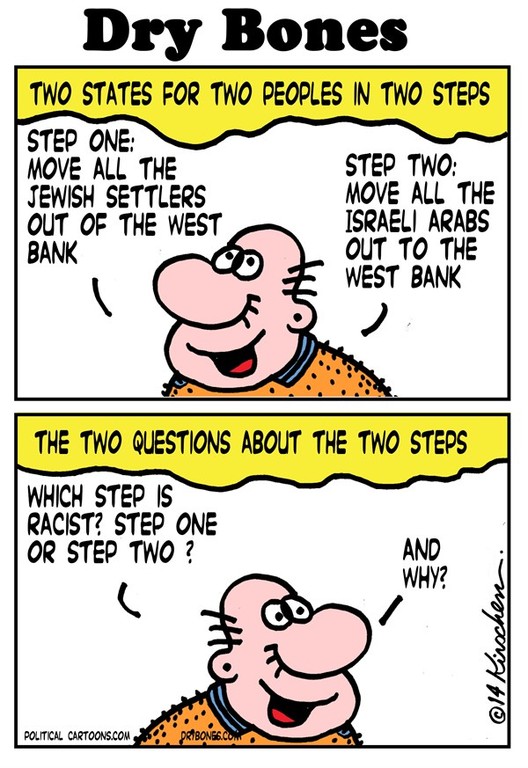Ariel Sharon: An enigma in a paradox
Former Israeli Prime Minister Ariel Sharon passed away Saturday at the age of 85. He never recovered from the devastating stroke he suffered eight years ago, on Jan. 4, 2006.
Some of the obituaries will vilify him, others praise him, and on both counts they are wrong.
Ariel Sharon was an enigma wrapped in a paradox. He didn’t fit into the traditional vision of a warrior or a peacemaker; his greatest moments in politics happened years after his career was declared over. He helped to create the Likud Party, but then left it; he was seen as a champion of the settlement movement but then began to dismantle them. Ariel Sharon did what he thought was right whether others agreed or not.
His strategy to conquer the Sinai in the Six Day War is studied for its innovations and brilliance. Six years later and against orders, Sharon led his troops across the Suez Canal during the Yom Kippur war, encircling Egypt’s Third Army. Many Israelis regarded this move as the turning point of the war in the Sinai front.
As defense minister in 1982 he played a key role in the Lebanon War that was designed to move the terrorist PLO. Sadly, during the action, Phalanges (Lebanese Maronite Christian militias) committed a massacre in one of the Palestinian camps. Even after it was proven that Sharon neither planned, ordered, or even knew about the massacre before it happened, he received part of the blame for failing to anticipate the likelihood that the Christian forces would commit atrocities.
To the outside world, Sharon could do no right; some even accused him of working with President Bush to invade Iraq even though he strongly recommended against it.
In September 2000, after archeologists found that extensive building operations being done by the Islamic Waqf on the Temple Mount were destroying priceless antiquities, he visited the Temple Mount. The next day there were riots that were followed by an unrelated wave of terrorism called the Second Intifada.

 50.0°,
Overcast
50.0°,
Overcast 







